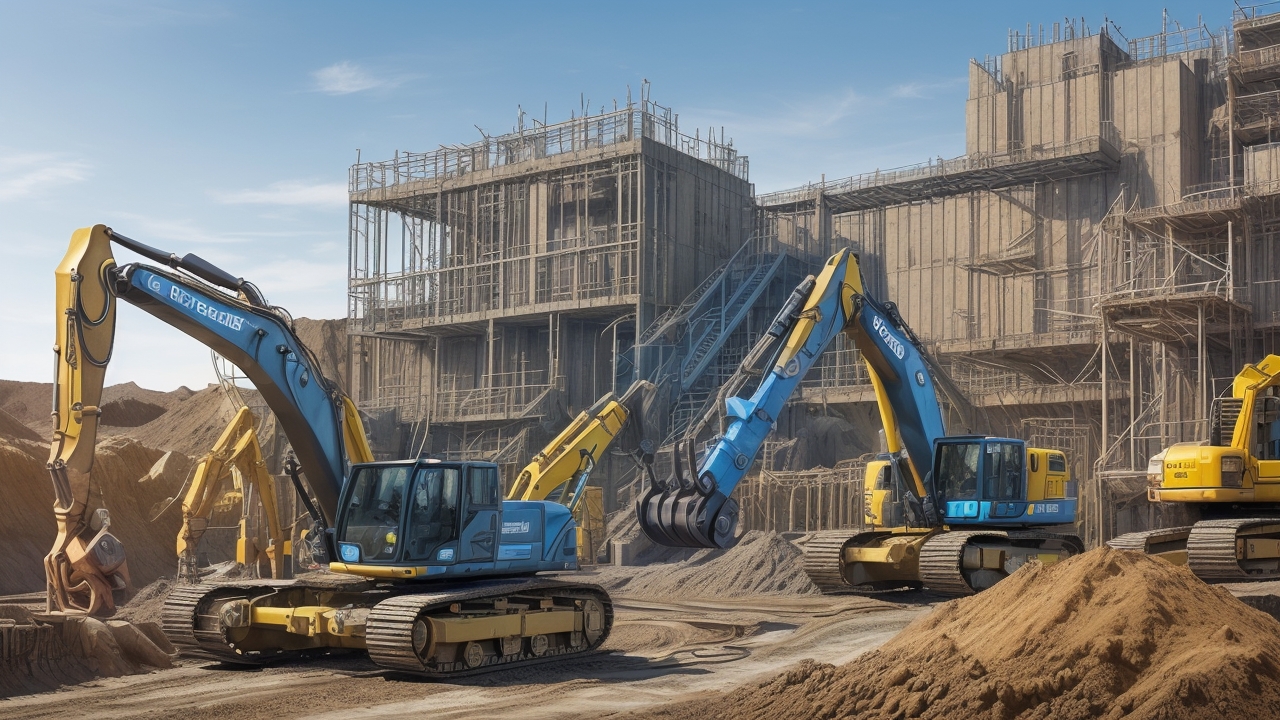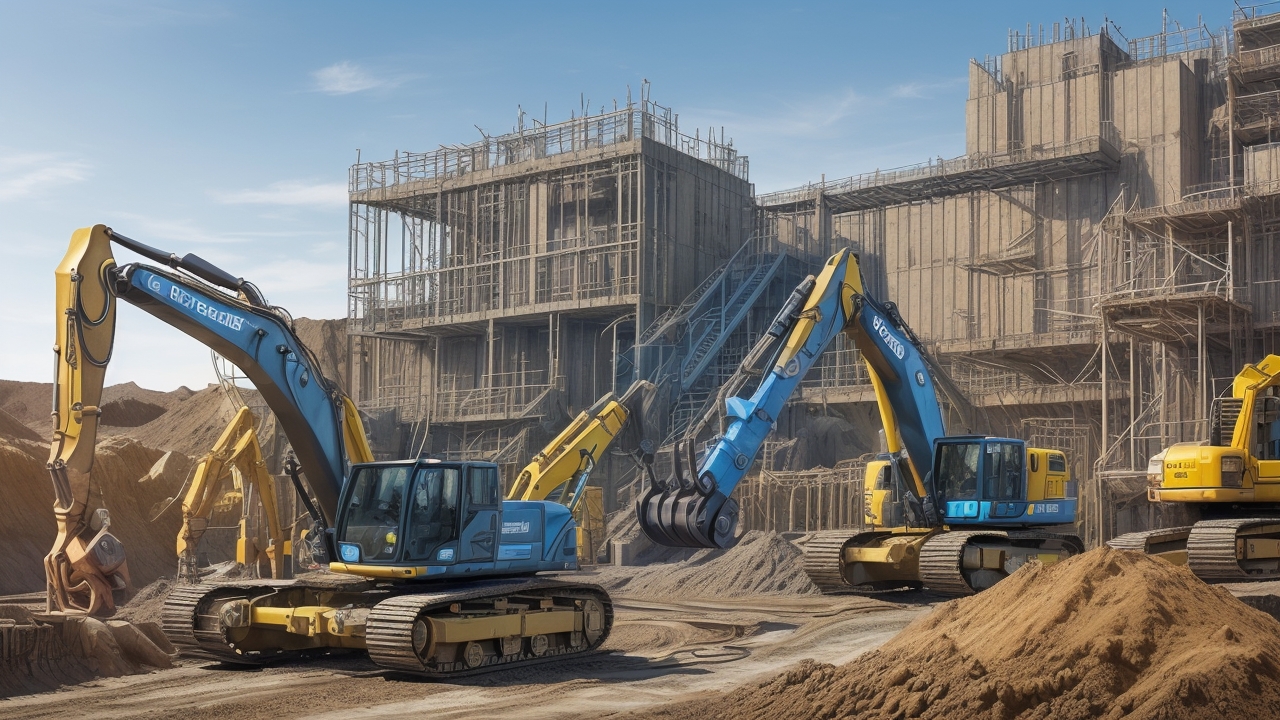blaster job essential skills
The blog provides an in-depth exploration of blaster job opportunities, addressing essential aspects such as the skills required, safety protocols, and training needed to succeed in the field. Emphasizing the importance of safety, it outlines the necessary protocols for handling explosives and maintaining site security. The blog also examines career growth potential within the industry, highlighting how experience and specialization can lead to advancement. Furthermore, it discusses the demand for blasters in construction and mining, as well as compensation and benefits associated with the role. The future outlook for blaster jobs includes increasing reliance on technology and environmental considerations, reflecting the evolving nature of the industry. This comprehensive guide serves as a valuable resource for anyone interested in pursuing a blaster job.
“`html
Required Skills
Blaster job positions demand specific technical abilities and personal qualities. A successful blaster needs physical stamina, attention to detail, and mathematical skills. The role requires understanding complex drilling patterns and explosive placement techniques. Safety awareness remains paramount, as proper handling of materials directly impacts work site security.
Experience with modern blasting technology and computerized monitoring systems gives candidates an advantage. Strong communication skills help coordinate with team members and maintain precise documentation. Many employers seek candidates with at least 2-3 years of related experience.
Safety Protocols
Every blaster job prioritizes strict adherence to safety standards. Workers must follow established protocols for explosive storage, transportation, and deployment. Regular safety meetings and ongoing training keep teams updated on best practices. Personal protective equipment requirements include specialized gear beyond standard construction wear.
Similar to how Scale blaster usage requires careful attention, blasting operations demand meticulous safety measures. Thorough site inspections and risk assessments precede any blasting activity.
Training and Certification
Becoming qualified for a blaster job involves completing required certifications and training programs. Most regions mandate specific licenses and permits. Training covers topics like:
- Explosive material characteristics and handling
- Environmental impact considerations
- Emergency response procedures
Continuing education helps professionals stay current with evolving industry standards. Many employers provide additional specialized training for their specific operations and equipment.
Career Growth
The blaster job field offers various advancement opportunities. Entry-level positions can lead to senior blaster roles, safety coordinator positions, or project management. Experience in specialized areas like underwater blasting or precision commercial work creates additional career paths.
Just as ghostbuster png free download tips shows evolution in digital resources, the blasting industry continues advancing with new technologies and methods.
Equipment Knowledge
Modern blaster job responsibilities include working with sophisticated equipment. Understanding drilling machinery, electronic detonators, and monitoring systems proves essential. Professionals must stay informed about the latest tools and technologies entering the field.
Industry Demands
The construction and mining sectors maintain steady demand for qualified blasting professionals. Infrastructure projects, quarrying operations, and specialized demolition work create consistent job opportunities. Geographic location impacts available positions, with some regions showing higher demand.
Compensation Overview
Blaster job salaries reflect the specialized nature of the work. Entry-level positions typically start at competitive rates, with experienced professionals earning significantly more. Benefits often include health insurance, retirement plans, and paid training opportunities. Performance bonuses and hazard pay may apply for certain projects.
Future Outlook
The blasting industry continues evolving with technological advances and environmental considerations. Future blaster job opportunities will likely emphasize precision techniques and reduced environmental impact. Automated systems and computer modeling will play larger roles in planning and execution.
People also ask about blaster job
What qualifications do I need for a blaster job?
A blaster job typically requires a high school diploma, specific certifications, and hands-on training. Most positions demand state or federal licensing, safety certifications, and demonstrated experience with explosive materials and equipment.
How long does it take to become a certified blaster?
The certification process for a blaster job usually takes 6-12 months, including classroom training, supervised field experience, and examination periods. Some advanced certifications may require additional time and specialized training.
What safety measures are most important in a blaster job?
Essential safety protocols include proper explosive handling, maintaining safe distances, using appropriate personal protective equipment, and following strict communication procedures. Regular safety assessments and team coordination remain crucial for accident prevention.
“`


